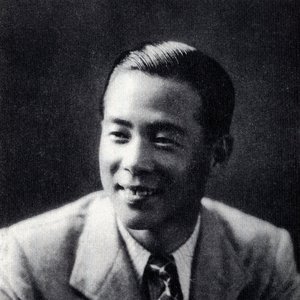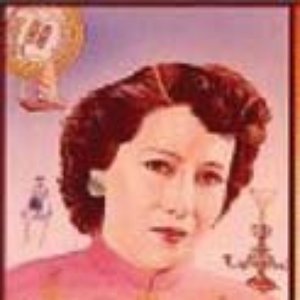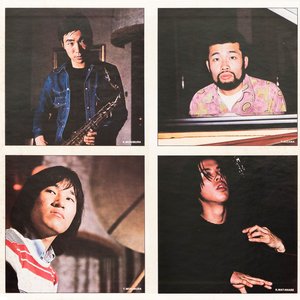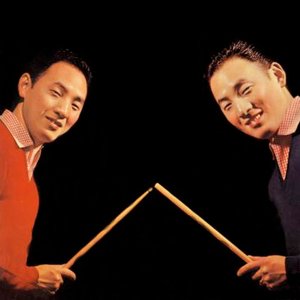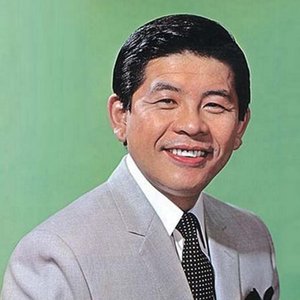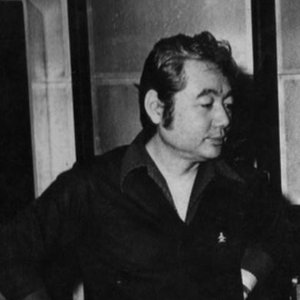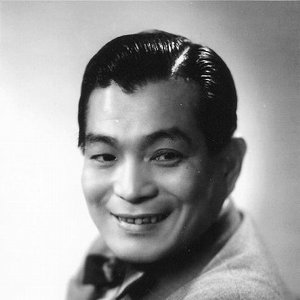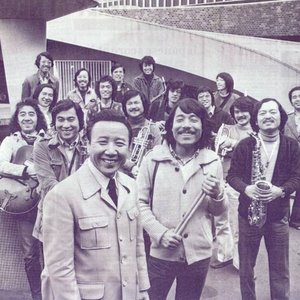Biography
Koichi Sugii (杉井幸一) (1906-1942) was a Japanese bandleader, composer, arranger, conductor, singer, accordionist and recording artist. He skilfully bridged Eastern and Western styles, combining American orchestral jazz with Japanese pop and Chinese folk music to create a sophisticated and melodic hybrid with broad appeal.
Sugii was born in Tokyo in 1906. His mother sang traditional Japanese music while accompanying herself on the samisen, a three-stringed instrument. An early familiarity with his country's native folk songs later inspired Sugii to arrange these melodies in jazz settings.
Sugii took piano lessons from a Canadian teacher, and became an ardent admirer of Western classical traditions, jazz, and film music. In 1930, after graduating from Tokyo Imperial University, he was hired by the Osaka merchant shipping company, which assigned him to Buenos Aires. In Argentina the young business executive became fascinated by musical trends, especially the tango. Convinced his true interests were in music, Sugii returned to Japan in 1932 and found work composing and recording for a film studio. In 1935 he joined Sakurai Kiyoshi's Sakurai y Su Orquesta, a Latin-influenced band which specialized in tangos.
In 1936, under contract to the King Records label, Sugii made his first recordings as a solo accordionist and singer. In 1938, as a staff arranger, he masterminded a series of orchestral recordings which launched a "Salon Music" vogue. The sessions were released under a variety of names, including the King Novelty Orchestra, the King Salon Orchestra, the King Jazz Band, and the Sugii Accordion Ensemble. In addition to providing arrangements, Sugii conducted the orchestras, played accordion, bandoneon, or piano, and occasionally sang on these recordings.
Sugii performed in concert and movie theaters and on radio, and was artistically and commercially successful. But he paid a price for his tireless work ethic: Sugii was hospitalized in late 1941, and died on April 5, 1942, age 36. Some authorities attribute his early death to the exhaustive workload.
The once-popular Sugii released dozens of discs between 1936 and 1941 in his native Japan, but his work has rarely been reissued. In 2011, the archival digital label Radiophone Archives compiled 51 of Sugii's recordings into a three-volume series called Japanese Jazz & Salon Music, 1936-1941, featuring most of his known orchestral and solo recordings. The tracks were remastered from original 78s, many of which are extremely rare.
[The above text is an edited version of a note in Facebook, written by Irwin Chusid. Registered Facebook users can read it here.]
Artist descriptions on Last.fm are editable by everyone. Feel free to contribute!
All user-contributed text on this page is available under the Creative Commons Attribution-ShareAlike License; additional terms may apply.
